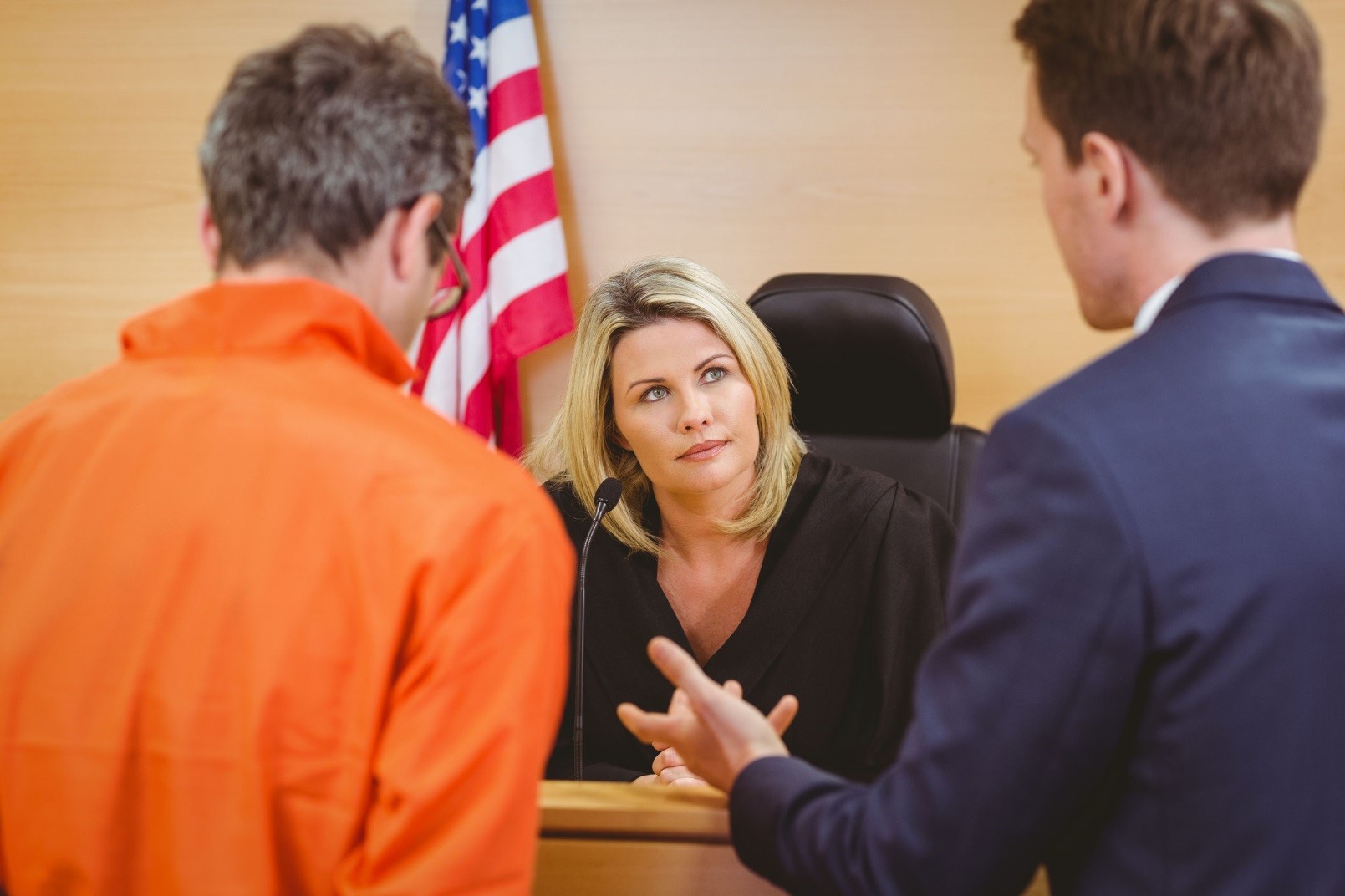A person who is formally accused of a crime is generally entitled to certain evidence and information about the prosecution's case. This typically happens before trial, through a process called "discovery." But the prosecution's duty to disclose this material is usually ongoing, and doesn't end when a trial has begun. #CriminalLaw
Police and prosecutor misconduct that distorted evidence or undercut innocence contributed to 54% of false convictions that later resulted in exonerations, according to a report released Tuesday. https://bit.ly/32K5hDv
ABAJOURNAL.COM
Police and prosecutor misconduct contributed to over half of false-conviction cases, new study finds
A growing number of states and localities are exploring new ways to reduce or eliminate reduce or eliminate pretextual or pretext traffic stops. In a pretext stop, an officer pulls over a motorist for a minor traffic or equipment violation and then uses the stop to investigate a more serious crime. https://bit.ly/2Z3FQdO
PEWTRUSTS.ORG
Police 'Pretext' Traffic Stops Need to End, Some Lawmakers Say
Police increasingly ask Google and other tech firms for data about who was where, when. Two judges ruled the investigative tool invalid in a Chicago case. https://bit.ly/3lV8kR0
WIRED.COM
Creepy ‘Geofence’ Finds Anyone Who Went Near a Crime Scene
After months of closures, many of the country’s court systems are gradually reopening, having embraced technologies such as Zoom and YouTube to safely hold pleas, sentencings and even Supreme Court hearings. But the jury trial, which most feel can only happen in person, has remained largely stalled. https://wapo.st/3gFdzjR
WASHINGTONPOST.COM
Courts dramatically rethink the jury trial in the era of the coronavirus
More prisoners in the United States have died of the coronavirus since March than have been executed since 2001, new data show. https://bit.ly/32GrVeW
INSIDER.COM
More US prisoners have died of COVID-19 in recent months than have been executed in the last 20 years
Police dogs bite thousands of Americans each year, including innocent bystanders, police officers, even their own handlers. And there is little oversight, nationally or in the states, of how police departments use them. https://bit.ly/2SwRHgR
USATODAY.COM
‘Like I was being eaten’: When police dogs bite, no one is accountable
Nationwide, jail populations plunged by about 25% between March and June, according to a recent analysis. https://bit.ly/3lode7Z
SCIENCEMAG.ORG
Pandemic inspires new push to shrink jails and prisons
The U.S. Supreme Court on Monday agreed to decide whether an officer can enter a garage without a warrant when in pursuit of a misdemeanor suspect. https://bit.ly/34npBeV
ABAJOURNAL.COM
Supreme Court will decide whether officer can enter garage after pursuit of misdemeanor suspect
There are few things as revealing as a person's search history, and police typically need a warrant on a known suspect to demand that sensitive information. But a recently unsealed court document found that investigators can request such data in reverse order by asking Google to disclose everyone who searched a keyword rather than for information on a known suspect. https://cnet.co/3iSOu64
CNET.COM
Google is giving data to police based on search keywords, court docs show
There were 145 offenders released in 2019 — about five times more than the year before, when 24 people were granted release, according to a report by the U.S. Sentencing Commission. https://cbsn.ws/2GZxrSx
CBSNEWS.COM
Compassionate release, once seldom used, offers some federal inmates hope
If you have been arrested and charged with a crime, remember you have important rights, including the right to remain silent, the right to have an attorney present at questioning, and the right to be free from unreasonable searches. #CriminalLaw
Law enforcement is tapping the tech for low-level crimes like shoplifting, because there are no limits. But the tool often makes errors. https://cnet.co/37TIpnS
CNET.COM
Police are using facial recognition tech to fight petty crimes like shoplifting. Critics say the cost to civil liberties is too high
At least 2,000 law enforcement agencies in all 50 states now have tools to get into locked, encrypted phones and extract their data, according to a new report. https://nyti.ms/2TB2Hu5
NYTIMES.COM
The Police Can Probably Break Into Your Phone
Am I allowed to move if I am on probation or parole?
Before moving, a probationer or parolee must get permission from the court or their probation or parole officer, who considers the reasons for moving and whether the new location allows them to maintain supervision. #CriminalLaw
The pandemic has pushed the criminal justice system to reimagine itself a bit, delivering cutting-edge changes that have been lifelines for incarcerated people craving contact with their families. But families of prisoners fear corrections officials will use the technology to replace in-person interactions even after the pandemic ends. https://nbcnews.to/2NqPNPD
NBCNEWS.COM
Zoom funerals, outdoor classes: Jails are evolving amid Covid, but what happens afterward?
Penalties for drug offenses vary - from prison time to no conviction at all. The punishment a defendant receives can depend on many factors, including the charge, the drug in question, and the quantity of drugs. A strong defense from an experienced criminal attorney can help you protect your rights and mitigate the severity of drug penalties.
Most criminal systems in the US divide their crimes into different categories according to the seriousness of the offense. Felonies are the most serious classification of crimes, and may be punishable by prison sentences of a year or longer. A misdemeanor, however, is usually a crime with a jail sentence of a year or less. #CriminalLaw
In prisons around the country, COVID-19 outbreaks have followed transfers of prisoners or prison workers. Many state prison systems had reduced or limited the number of prisoners they moved due to the pandemic, but some lifted those restrictions by September, worrying families of prisoners and correctional officers who work in the prisons. https://bit.ly/3nFV5UC
APNEWS.COM
COVID-19 spikes follow in prisons after inmate transfers
Police agencies from Hawaii to New York have used drones for years, but mostly in simple, manually flown ways. But the latest drone technology is raising civil liberties concerns, especially as drones gain the power to track vehicles and people automatically. https://nyti.ms/38oMjnv
NYTIMES.COM
Police Drones Are Starting to Think for Themselves





